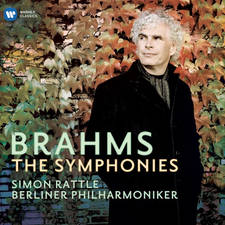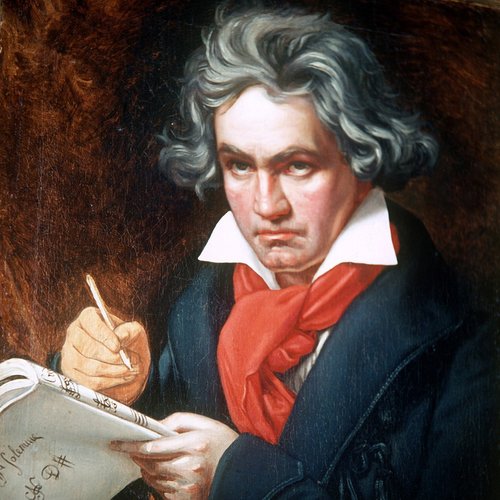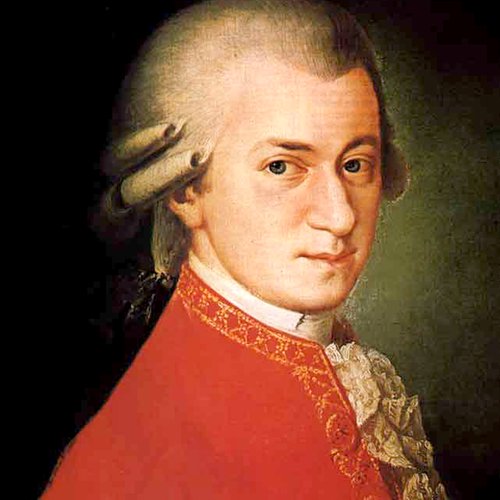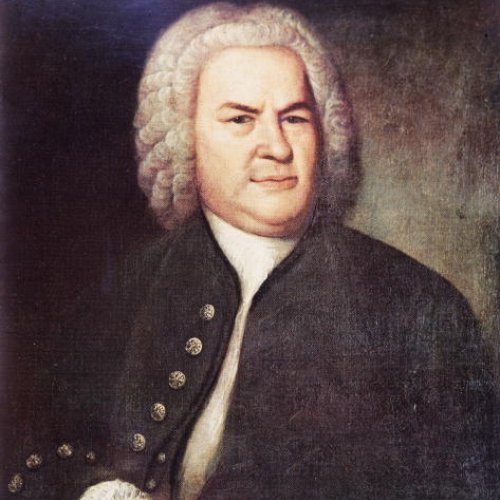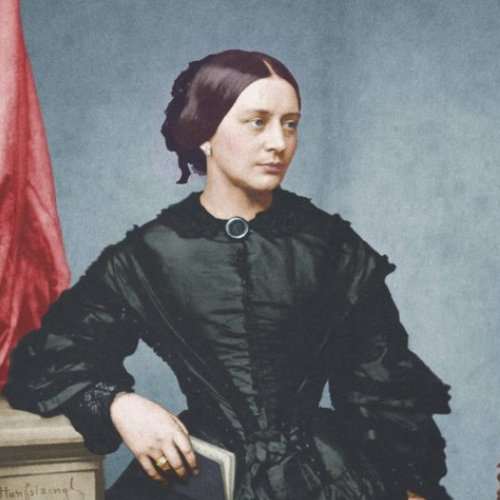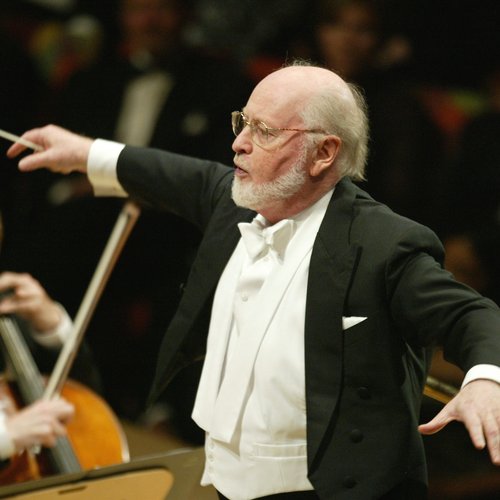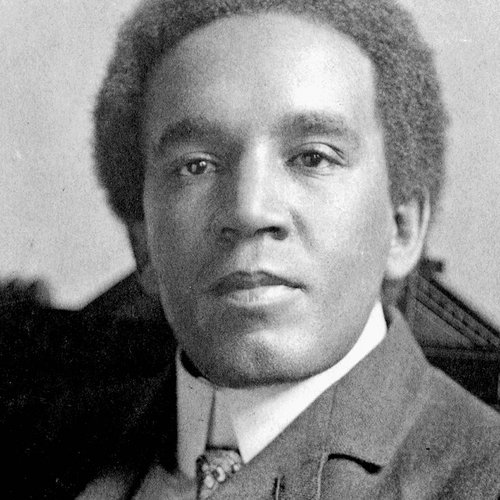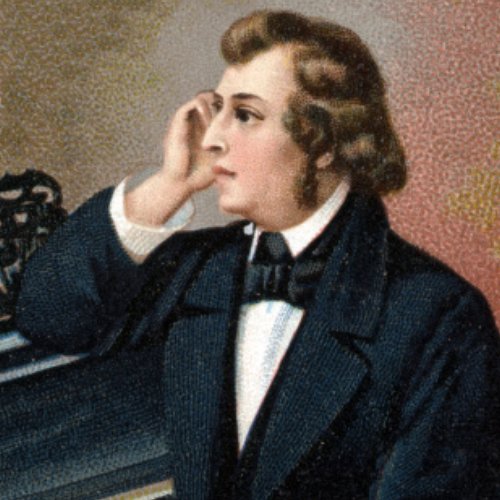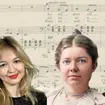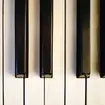Meet Florence Price, the first Black woman to have her work premiered by a US orchestra
10 January 2024, 17:39
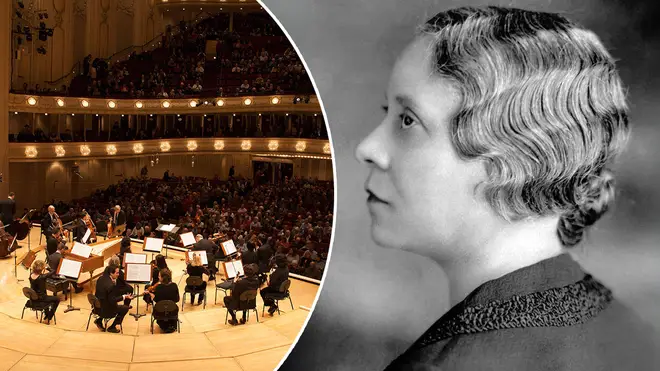
Florence Price was the first African American woman to have her music performed by a major symphony orchestra – in 1933. Here’s her story…
Listen to this article
On 15 June 1933 the Chicago Symphony Orchestra performed a brand new piece by an unknown composer. The work had won first prize in a competition and the music critic of the Chicago Daily News declared it “a faultless work, a work that speaks its own message with restraint and yet with passion… worthy of a place in the regular symphonic repertoire.”
Nothing particularly unusual in that.
But the unknown composer was one Florence Price and she was Black.
Read more: 10 of Florence Price’s all-time best pieces of music
Who was Florence Price?
Florence was born in 1887 in Arkansas to a music teacher mother and a dentist father. Her mother encouraged her talented daughter in her musical studies and Florence eventually went on to study at the new England Conservatory of Music, majoring in piano and organ.
She graduated with honors – and by 1910 she was the head of the music department at Clark Atlanta University in Atlanta, Georgia.
In 1912 she married Thomas J Price and they moved back to her home town of Little Rock, Arkansas until racial tension in the city escalated to the point that there was a lynching near Thomas’s office.
The family moved to Chicago in 1927, but throughout this period Florence had continued studying composition and in 1928 she published four pieces for piano.
Read more: 9 Black composers who changed the course of classical music history

Florence Price’s groundbreaking Symphony No.1 ‘Finale’ at Classic FM Live
But when did she become a composer?
In 1931 Florence and Thomas divorced, leaving Florence with two daughters to look after. She began working as an organist for silent film screenings and composing songs for radio ads, to make ends meet.
In 1932 she and her housemate – fellow composer Margaret Bonds – entered the Wanamaker Foundation Awards.Florence not only took first prize for her Symphony in E minor, she also took the third prize. Bonds, meanwhile took first place in the song category.
Her Symphony was performed by the Chicago Symphony Orchestra and she was catapulted into her life as a composer.
Read more: How William Grant Still changed American classical music forever
What does her music sound like?
Florence’s music brings together the European classical tradition in which she was trained and the haunting melodies of African American spirituals and folk tunes.
Listen to her Five Folksongs in Counterpoint for string quartet to hear how she used some of the most famous spirituals. (At 13.30 you’ll hear perhaps the most famous spirituals ever written…)

The Apollo String Quartet playing Florence Price's 5 Folksongs in Counterpoint.
She was a deeply religious person, so brought the music of the African American church into her music, as well as influences from the likes of Dvořák, Tchaikovsky and other European Romantic composers.
Her Symphony in E minor is a thrilling four-movement work packed with soaring melodies, inventive writing (a second movement almost entirely for the brass section!) and gorgeous harmonies. Watch it performed above at Classic FM Live by the Royal Liverpool Philharmonic Orchestra.
The Lincoln Memorial Concerto
One of her most famous songs, ‘My Soul’s Been Anchored in de Lord’, was performed in one of the most important concerts ever held in America.
On Easter Sunday, 1939, a concert was held on the steps of the Lincoln Memorial. The star performer was the contralto Marian Anderson. But because she was black she wasn’t allowed to perform in Washington D.C.’s Constitution Hall.
Washington D.C. was a segregated city at the time and the rules of the hall said that only white performers could appear there. The audience in the hall would also be segregated.Eleanor Roosevelt, First Lady of America at the time, stepped in and the result was an outdoor concert, held on the steps of the Lincoln Memorial.
Anderson chose to close the evening with Price’s haunting song. The concert was also broadcast on the radio, meaning that Price’s music reached hundreds of thousands of people across America that evening.
What should I listen to?
There’s only a small amount of Florence Price’s music available on recordings. But there are many more available in filmed performances online.
Try some of her other songs here and here, and the Concerto in One Movement here.
